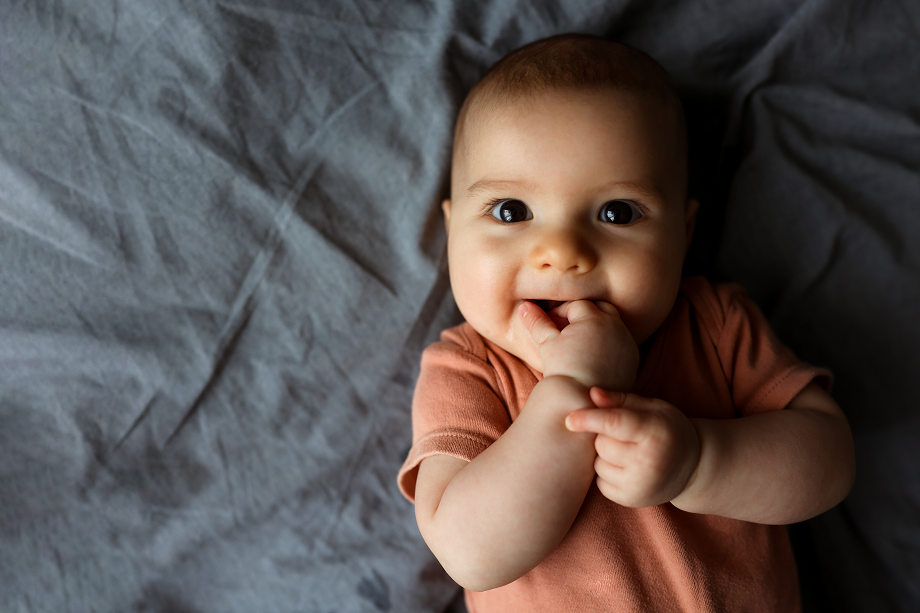THL is studying the wellbeing of babies born this year and their families to improve services for families with children
The Finnish Institute for Health and Welfare (THL) is studying the wellbeing of families who will have a baby this year. Invitations to participate in the survey will be sent to up to 38,000 parents with babies.

The survey will provide information on how the daily life of families with babies could be supported and how their services could be developed. The goal is to promote the wellbeing of families and reduce inequality by improving services for families.
This information is particularly valuable as birth rates are declining in all Nordic countries and the total fertility rate in Finland is the lowest in the Nordic countries. Based on earlier studies, it is known for example that parents’ ability to cope as well as previous childbirth experiences affect the number of children.
“We are interested in parents’ personal views and experiences of parenthood, family life and need for support,” explains Maaret Vuorenmaa, Senior Researcher at THL.
A similar study on the wellbeing of families with babies was conducted in 2020. At that time, most of the respondents were satisfied with their lives and felt that the maternity and child health clinics provided them with adequate support for parenthood. Still, symptoms of exhaustion were worryingly common.
“It is important to check the current situation and how parents experience the support they receive through services for families with children,” says Vuorenmaa.
The first invitations to the survey will be sent in early June 2024, and the survey will continue until the beginning of 2025.
Fathers are encouraged to participate more actively
The study on the wellbeing of families with babies is part of the Finnish Institute for Health and Welfare's FinChildren research package. Its surveys have previously been carried out also in families with four- and six-year-old children.
In previous surveys, the response rate of men has been clearly lower than that of women. The researchers encourage all invitees to respond to the survey.
“We hope that, in addition to mothers, fathers would also be interested in responding so that the results would reliably and comprehensively reflect the wellbeing of different Finnish families,” says Vuorenmaa.
In many families, the invitation to participate in the study will be sent by post to both parents. As the parent who gave birth and the other parent have slightly different questions, it is important to get a response from both parents.
You can respond to the online survey in seven languages
Approximately half of the parents who have had or will have a baby in 2024 will be invited to take part in the study. The contact information will be extracted from the Population Information System. Invitations to the study will be sent by post this year.
In addition to Finnish and Swedish, it is possible to respond in English, Estonian, Russian, Somali and Arabic. In addition to the survey responses, different national register data related to social welfare and health care services and subsistence will be used in the study.
The study’s data security will be carefully ensured. No individual respondent or child can be identified based on the data set or the study results.
All respondents will be included in a drawing for high-quality Finnish baby clothes and gift cards for grocery stores.
A study on the wellbeing of families with babies will also help us to prepare for the extensive Future Finland data collection, which will cover entire age groups in the coming years.
More information
FinChildren survey (THL) (in Finnish)
Results of the 2020 study on the wellbeing of families with babies: THL’s survey: coping of families with babies has been impaired by the coronavirus epidemic – satisfaction with family life still high (in Finnish)
Future Finland (THL) (in Finnish)
Maaret Vuorenmaa (FinChildren study)
Senior Researcher
THL
tel. +358 29 524 7008
[email protected]



